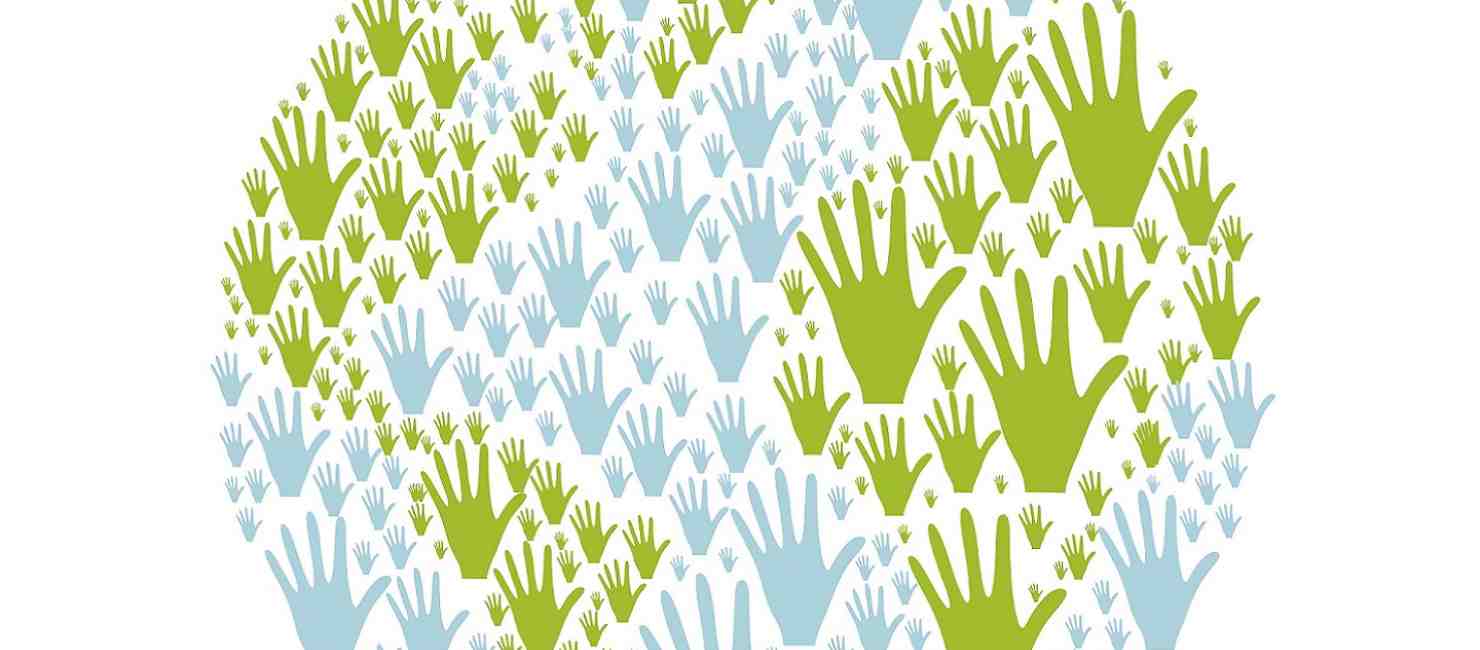My daughter says her coach is creepy, how do I address this?
Dear Stop It Now!,
We have a coach in our local community that, in my opinion, has an unecessary hands on approach to coaching. He routinely hugs players (girls) and is constantly putting his hands on kids' shoulders and backs, once even pulling 13 year old girl onto his lap while he was sitting. I have addressed the problem with the board of the club and allegedly the President has talked with the coach. Some improvement has been seen but still makes myself and other parents uncomfortable. I am very conservative and wonder if I am overreacting but then I hear other parents making comments about how the guy is "off". My daughter will not get within arms reach stating she doesn't want to be hugged "cause the dude is creepy". Is the guy just overly affectionate and doesn't understand the boundaries that should exist between children and everyone else or is there something more sinister going on? I always give the benefit of doubt to people until a child is involved, so what steps can be taken now?

Dear Concerned Parent,
The actions of this coach rightfully have caused you to be concerned. It's great you're looking out for your daughter as well as the other children involved.
Recognizing Warning Signs
What you have described in this man are several Signs An Adult Is At-Risk To Harm A Child. It is possible that this man is at-risk to harm a child, or like you said, may not understand appropriate boundaries with children. In either case, it is vital that your concerns are heard immediately.
It is evident from your daughter’s reaction to his presence that this is not a situation to be taken lightly. Loose boundaries make children more susceptible to victimization because it sets a poor example of where limits should be regarding rules, privacy, and other important topics for anyone that is in these children’s lives. It is important that children are heard, listened to, and respected, and that they can say “no” to any unwanted touch or action.
Speaking Up
Whether he is struggling with loose boundaries or may be at-risk, it is imperative that his unacceptable behavior is addressed immediately. You said that other parents have also had similar concerns about this coach. I’m wondering if you and the other parents have considered talking to the coach about his behavior directly. The conversation does not need to be accusatory, but instead you can focus on the behaviors that are unacceptable, and let him know that it will not be tolerated.
Talking to the coach face-to-face may help him fully understand the gravity of the situation by letting him know that what he is doing that is inappropriate. Further, it helps you stand behind your child and other kids who don't want to be inappropriately touched. Before talking to him it would be helpful to meet with the other parents and discuss how you’d like to approach the situation and what you’d all like to see happen at the end of the conversation.
Following Up with Administration
You said that you have talked to the administration about this coach’s actions, and there are some noticeable improvements, but this coach’s behavior is still questionable. This is very concerning. I would recommend that you and the other parents request to talk to the president together directly this time, and make it clear that these behaviors in this coach will not be tolerated.
It would be important to understand what policies this club has in place in regards to general safety, hiring and screening processes, and interactions between adults and children. When talking to the administration, it may be helpful to focus on policies rather than this person specifically. Keeping the focus on policies and regulations rather than an individual, may help make the conversation more approachable and less personal by then talking about whether or not everyone is following the rules set forth. Please check out these tip sheets yourself and then share them with the other involved parents as well:
Next Steps
If his behavior doesn’t change, or if your concerns are not heard, I would suggest that you, as well as the other parents involved, think seriously about whether or not this is the right program for your children. The safety and wellbeing of your kids is the number one priority. It is important that parents feel they can bring their concerns to the administration, that they are heard, and that together they can work to ensure the safety of the children they serve.
I’m so glad that you are reaching out on behalf of your daughter’s, and other children’s, safety. Whenever an adult sees something that doesn’t sit right with them it is necessary that they proactively speak up. Becoming informed and reaching out are two great steps to keeping children safe.
Take care,
Stop It Now!
Feedback:
Please share your feedback on this question
Last edited on: March 29th, 2019

